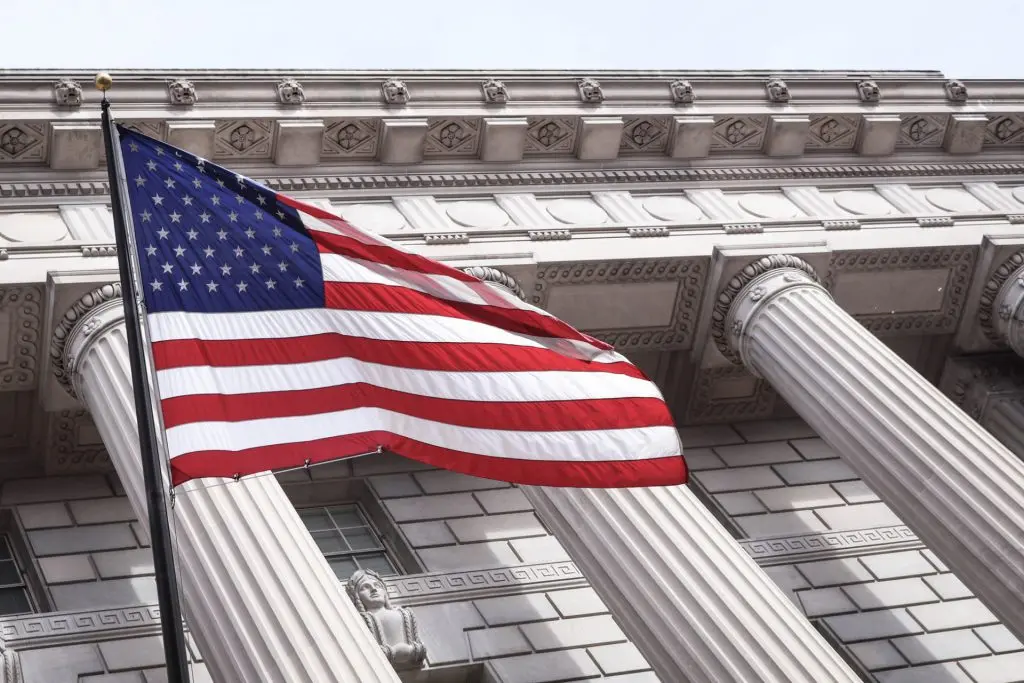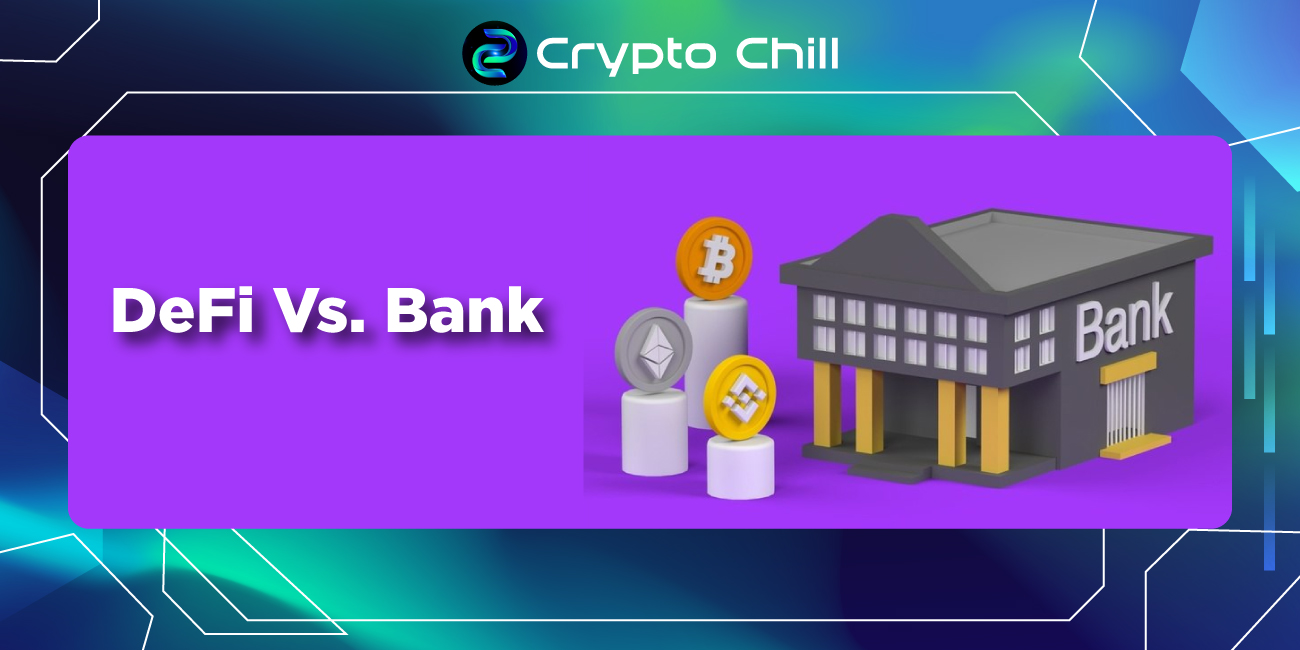The U.S. Senate is taking another shot at regulating the cryptocurrency industry, and this time, the focus is on decentralized finance (DeFi) protocols. Specifically, a new bipartisan bill, called the Crypto-Asset National Security Enhancement Act of 2023. Well, this bill aims to subject DeFi protocols to stringent anti-money laundering (AML) requirements. But what exactly does this mean for the DeFi sector? Now, let’s dive into the details of the proposed bill.
Understanding DeFi and the Challenge of Regulation
DeFi protocols are financial applications that operate on permissionless blockchains, allowing users to borrow, lend, and trade cryptocurrencies directly via smart contracts. Unlike traditional banks or centralized companies, DeFi platforms do not have intermediaries, making them harder to regulate.
Read also: Decentralized vs. Traditional Finance: A Paradigm Shift in the Financial World
The Proposed Bill’s Objective
The Crypto-Asset National Security Enhancement Act of 2023 is designed to combat the rise in crypto-facilitated crime and strengthen national security by addressing money laundering and evasion concerns associated with cryptocurrencies. The bill aims to impose bank-like controls on entities that provide user-friendly interfaces for DeFi protocols or invest significant amounts in their development.

Stricter AML Requirements for DeFi
The bill proposes that anyone who “controls” a DeFi protocol or offers a user interface for its operation should adhere to strict AML requirements. These obligations include vetting and collecting customer information, implementing anti-money laundering programs, reporting suspicious activities to the government, and blocking the usage of the protocol by sanctioned individuals.
Challenges in Identifying Controlling Entities
One major hurdle in regulating DeFi lies in the fact that many protocols operate in a decentralized manner, and there might not be clear controlling entities. The bill acknowledges this challenge and suggests that investors contributing over $25 million to the protocol’s development would be held accountable for meeting the AML obligations.
Is It Feasible or Just Propaganda?
Critics question the feasibility of effectively regulating DeFi, given its decentralized nature. Some suggest that the bill may be more of a political initiative during election campaigning than a practical attempt at passing enforceable regulation.
Competition in the Global Crypto Industry
While the U.S. grapples with regulatory proposals, other countries, such as Switzerland and the United Arab Emirates (UAE), have already established themselves as significant crypto hubs due to clear and concise crypto regulations. The lack of clear regulations in the U.S. could jeopardize its leadership role in the global financial landscape.
Conclusion
The proposed bill to regulate DeFi like banks reflects the ongoing struggle to strike a balance between regulating innovative crypto technologies and maintaining financial security. As the debate continues, policymakers face the challenge of finding enforceable solutions that protect national interests while promoting innovation. Only time will tell whether this bill or any future regulations can effectively address the complex challenges posed by DeFi in the ever-evolving cryptocurrency landscape.
Disclaimer: The information in this article is not investment advice from CryptoChill. Overall, cryptocurrencies always carry many financial risks. Therefore, do your own research before making any investment decisions based on this website’s information.











No Comment! Be the first one.